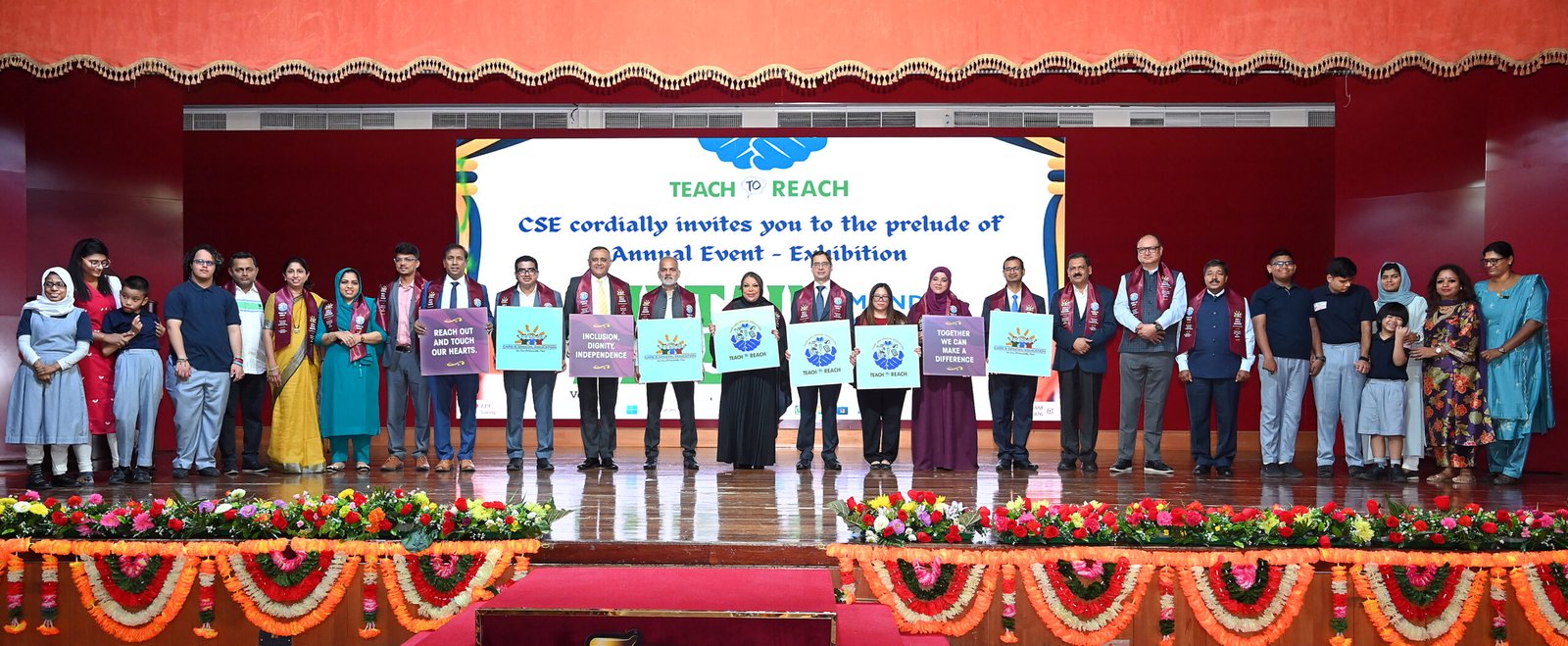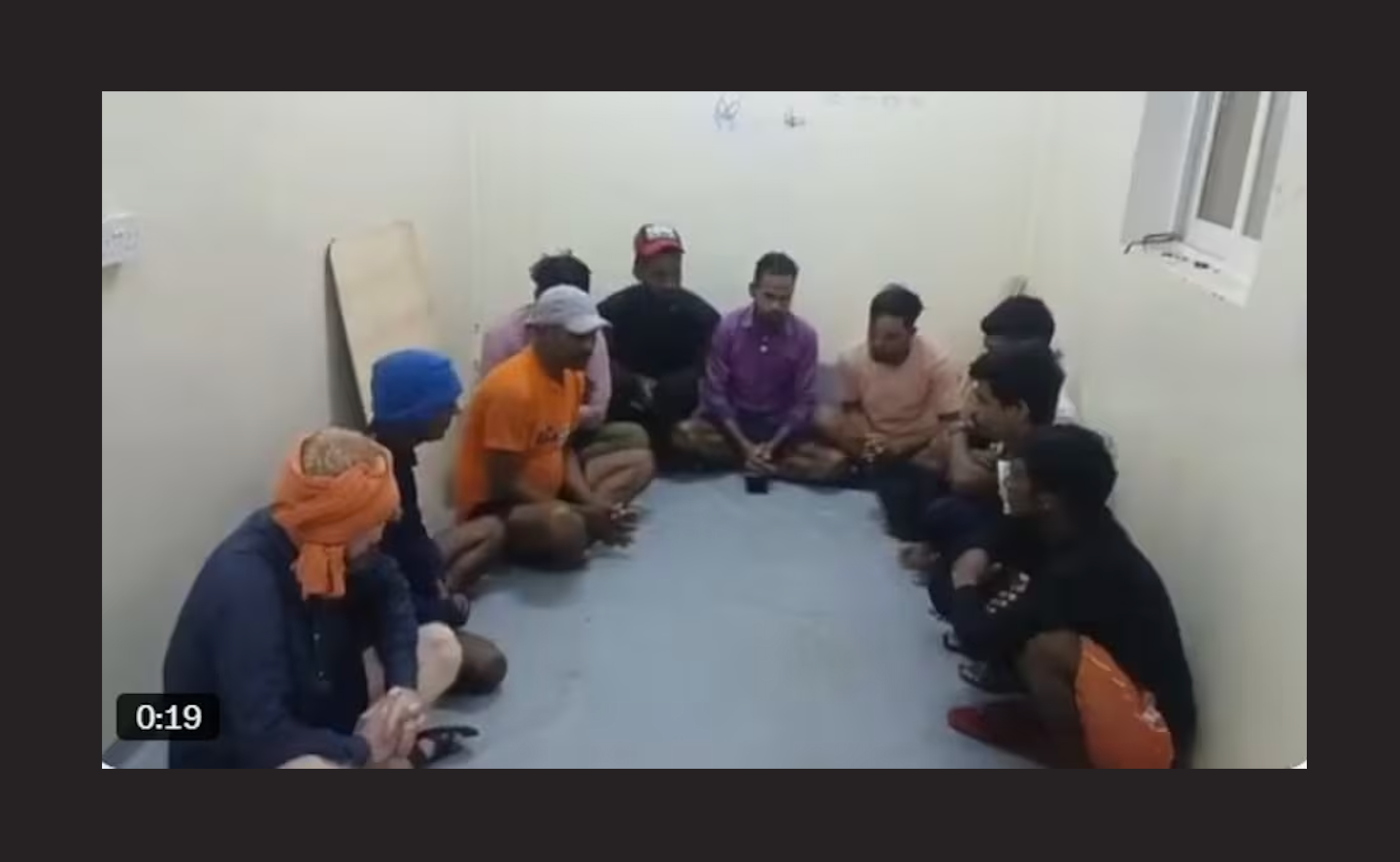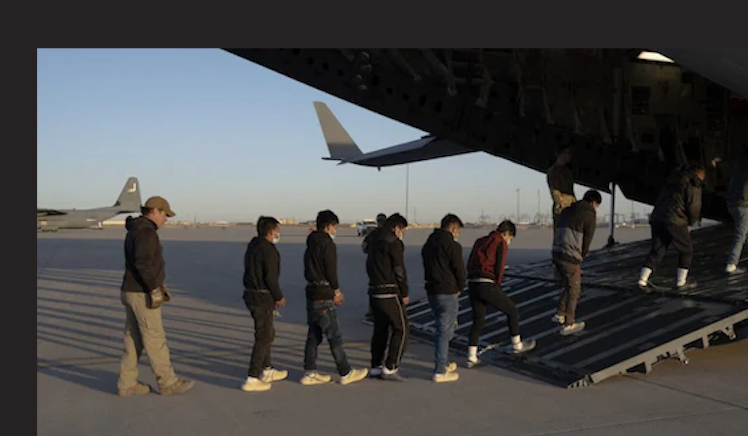“Oh, I’m so delighted to meet you, David,” Joy tells me. “With you, as my tour guide around the historic city of Lucknow, we’re going to have a truly wonderful time. I’m sure we’ll get along like a house on fire”.
The first time I came to know about the subtle difference between ‘Lady’ and ‘woman’ was in 1976. The first thing they made us do at the time, soon after we had joined as Apprentice Reporters-cum-Subeditors was to thoroughly read the National Herald’s, 8-page style-sheet printed on yellowing broadsheet that at first sight looked rather fragile. I thought it might crumble and turn to dust any minute if it wasn’t handled carefully. But somehow it held fast with some sort of an inner strength.
The Herald was one of the two English newspapers published from Lucknow, Uttar Pradesh, in northern India, with an impeccable pedigree, in a manner of speaking. Its Founding Editor was Jawaharlal Nehru, independent India’s first Prime Minister.
The other newspaper, The Pioneer’s credentials were no less in stature and eminence. At one time Nobel Prize winner Rudyard Kipling had served as its Editor; Sir Winston Churchill was its War Correspondent, reporting from Pretoria about the Boer War, and Desmond Young, author of the best-selling book “Rommel, the Desert Fox”, was a columnist for the paper.
But by no account does my story have anything to do with history or the two papers’ daily, early morning face-off as news rivals. On a lighter note however, you could probably call it a preamble of sorts, a kind of a backdrop for a real-life account of my encounter with a true-blue titled Lady and a member of the British nobility.
She was a person of rare charismatic charm and warmth, with a disarming smile and deep blue eyes that sparkled with candour and joie de vivre.
This can’t be real, I thought to myself. She seems more like one of those striking Victorian countess or duchess, straight out of the pages of a Georgette Heyer or Barbara Cartland novel.
I must have been in some sort of a reverie. But she quickly put me at ease as she extended her hand in a firm clasp and said:
“Oh, I’m so delighted to meet you, David. Joy tells me. “With you as my tour guide around the historic city of Lucknow, we’re going to have a truly wonderful time. I’m sure we’ll get along like a house on fire”.
Joy Carter, a very dear friend of my Mum, quickly stepped forward to complete the formalities of a proper introduction.
“David, this is Lady Pugsley, from England. She is my son, Ian’s mother-in-law and her daughter, Angela, is my daughter-in-law. You must always address her as Lady Pugsley”.
But the dear Lady was quick to dispel these notions of genteel propriety.
“Oh, come on, Joy, leave him alone, there’s no need at all to be so stiff and formal. I’m here on a holiday, so let’s have some fun”.
Lady Pugsley then turned towards me and said: “Darling, you can drop the ‘Lady’. I’d be just as delighted if you addressed me simply as ‘Margaret’.”
Between the two ladies, I must admit I was a little flustered, so I quietly mumbled “Yes, Ma’am”, to no one in particular.
After a hurried breakfast, we quickly set out for our sight-seeing tour of the city. I had already arranged for a ‘tonga’, a horse drawn carriage that can comfortably seat four people. But this one was exclusively booked just for the two of us for the rest of the day.
Riding around Lucknow in a ‘Tonga’
Lady Pugsley was thrilled at the prospect of riding around the ‘City of Nawabs’ in a horse-drawn carriage. “Oh, this is so wonderful and so thoroughly befitting with the atmosphere and old=world charm of Lucknow. This is truly going to be an unforgettable adventure”.
The ‘tonga’ moved through the city traffic at a steady canter, with Lady Pugsley taking in all the sights and sounds with intermittent exclamations of thrill and delight.
Our first stop was at the Lucknow Residency; this was one of the important sites where the scene of the historic rebellion of 1857 by Indian sepoys under the command of the British forces had taken place.
The Residency stands as an enduring reminder of one of India’s most remarkable episodes–the Indian Rebellion of 1857 (commonly referred to as the Sepoy Mutiny). The sprawling complex was at the core of an unprecedented heroic struggle for freedom.
It was here that besieged British people defended themselves against the Indian sepoys, until relief and rescue came in the shape of British troops who had marched down from Agra under the command of Major Lawrence.
After a tour of entire Residency complex, we went and sat down on the grass in a secluded spot among the ruins. And then came the most dramatic moment of our tour. With a flourish, Lady Pugsley fished out a packet of ‘bidis’ and a lighter from her handbag.
Not quite sure what was about to happen next, I exclaimed “Now, what was that”. Lady Pugsley looked up at me. There was a conspiratorial look on her face and a mischievous sparkle in her eyes. In that moment, she looked more like schoolgirl all set to have a bit of secret fun.
“Oh, nothing Darling. It’s just a packet of bidis; I’ve been dying to try one of these ever since I came to Lucknow. But I couldn’t. Joy would be horrified if she saw me smoking a bidi. I’m sure she’d throw me out of the house. But who’s going to stop me here.
And with that she proceeded to open the pack of bidis. She offered me one first. “I don’t smoke”, I said, trying to sound firm and resolute.
“Oh, come on, Darling, no harm in trying, just this once”, turning on the full power of her persuasive charm. Besides, I can’t finish this whole pack all by myself”.
Seeing she wouldn’t take no for an answer, I gave in. Soon, the two of us had lit up and were quietly inhaling the smoke from our bidis and watching it lazily drift by.
After her third bidi, Lady Pugsley let out a gentle sigh and said softly, as if talking to herself: “Ah this is real Freedom, smoking bidis among the historic and peaceful quiet of the Lucknow Residency reclining on the grassy lawn. Thank you, David, for making my trip such a memorable one”.








